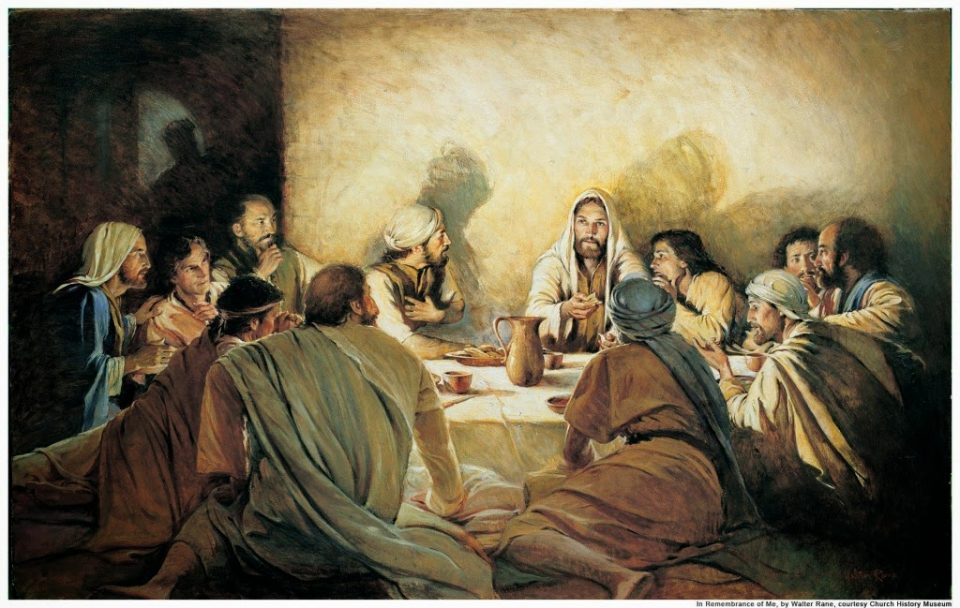By Matthew Plese, OnePeterFive, June 23, 2024
Matthew Plese is a Third Order Dominican who resides in Chicago, IL. Matthew is a practicing Certified Public Accountant and Catechist. He is the President of CatechismClass.com, an online based organization whose mission is to make the best in Catholic religious education and Sacramental preparation available for those who need it. …
 Born to Saints Zechariah and Elizabeth, St. John the Baptist’s birth was miraculous due to his parents’ advanced age. Leading an ascetic lifestyle in the wilderness, St. John wore camel’s hair, ate locusts and wild honey, and preached repentance and the imminent Kingdom of God. His recognition of Jesus as the Messiah and his act of baptizing Jesus in the River Jordan marked the beginning of Our Lord’s public ministry. St. John proclaimed, “Behold the Lamb of God, who takes away the sin of the world” (John 1:29). He was the final prophet before Our Lord’s coming.
Born to Saints Zechariah and Elizabeth, St. John the Baptist’s birth was miraculous due to his parents’ advanced age. Leading an ascetic lifestyle in the wilderness, St. John wore camel’s hair, ate locusts and wild honey, and preached repentance and the imminent Kingdom of God. His recognition of Jesus as the Messiah and his act of baptizing Jesus in the River Jordan marked the beginning of Our Lord’s public ministry. St. John proclaimed, “Behold the Lamb of God, who takes away the sin of the world” (John 1:29). He was the final prophet before Our Lord’s coming.
St. John the Baptist’s condemnation of Herod Antipas’ unlawful marriage to Herodias led to his imprisonment and eventual beheading, as requested by Herodias’ daughter, Salome. Speaking of him, the Savior Himself said: “Amen I say to you, there hath not risen among them that are born of women a greater than John the Baptist…” (Matthew 11:11). Hence, given his importance, customs have arisen over the centuries in connection with the liturgical celebrations of St. John the Baptist. …







